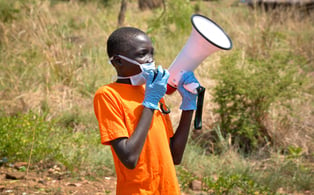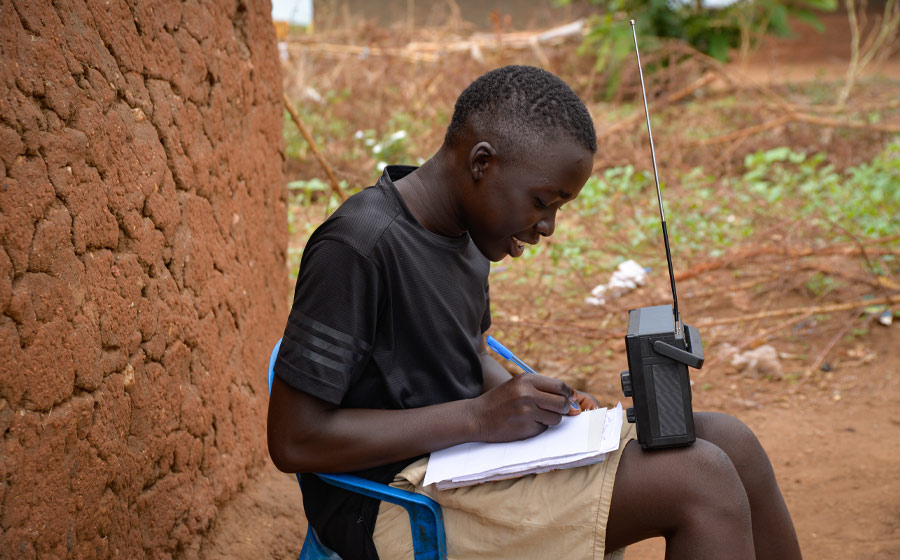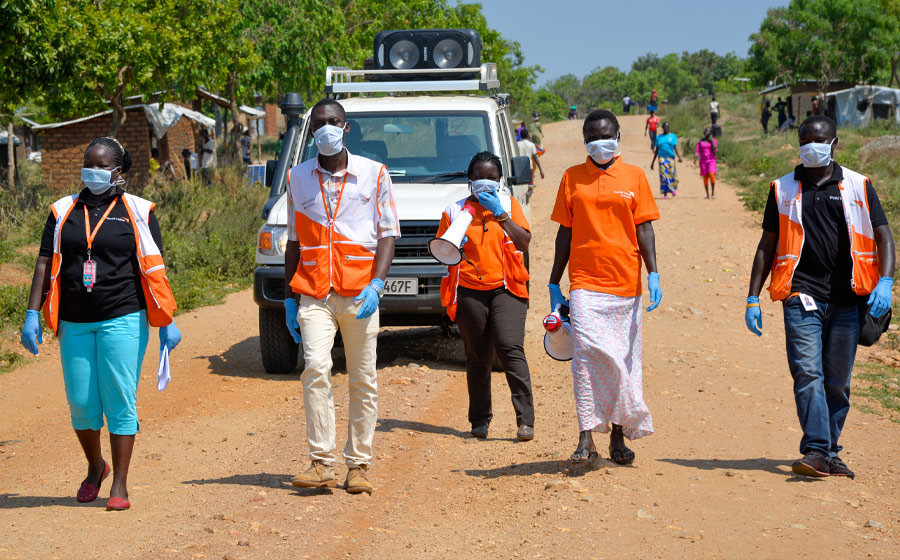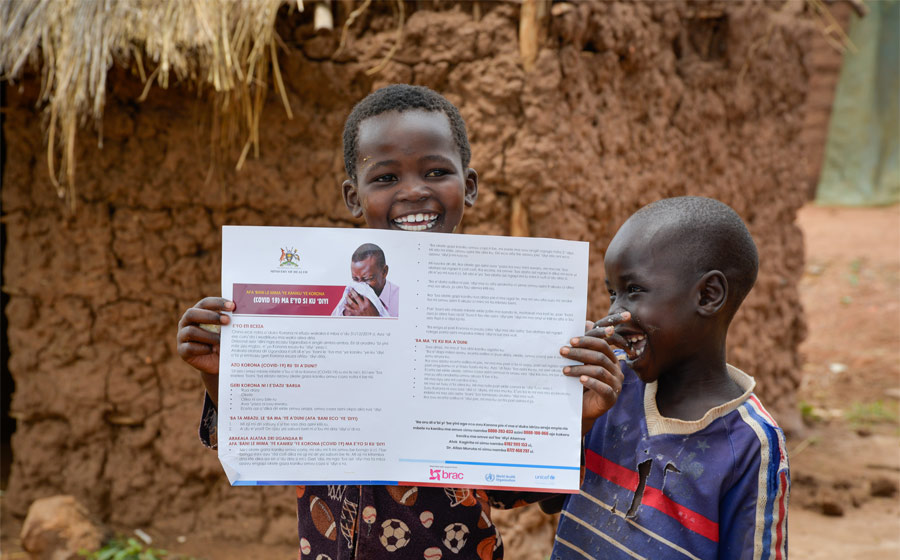
We’ve likely all had an experience of life changing in an instant. Maybe it was the birth of a first child, the unexpected loss of a loved one, or bad news about a job. Whatever it was, life was irrevocably altered after.
For millions of refugees, the life-changing experience might involve armed conflict, a natural disaster, or persecution. And it can propel them into uncertain and dangerous places, with few options to build better futures.
Around the world, nearly 26 million people have had to flee their home countries in search of safety. It’s the highest level ever recorded — and half of these refugees are children.
Because they’re already extremely vulnerable it’s no surprise that refugees are at greater risk from the coronavirus pandemic and its indirect impacts. So, what does life look like for refugees during this global health crisis?
COVID-19: even more dangerous for refugees
We’ve been hearing safety guidelines like, “stay home to stay safe” for the last few months. But staying home in a refugee camp doesn’t guarantee safety. When you live shoulder to shoulder with hundreds of thousands of others, the crowded conditions make physical distancing nearly impossible.
Families in refugee camps have a hard time staying healthy and getting access to healthcare. In a crowded settlement where resources are scarce, people can’t be sure they’ll have enough personal hygiene items and clean sanitation facilities to protect themselves from the disease. And they can’t just call their doctor if they suspect an infection.
With essential services like schools and nutrition centers closed to prevent the virus’s spread, kids are losing valuable support that helps them survive and rise out of poverty. They’re at greater risk of malnutrition and illness, along with domestic violence and abuse.
A teenager’s life in a refugee camp

Simon is a 15-year-old South Sudanese refugee living with his family in Uganda’s Bidibidi settlement. Along with 14 million other students in Uganda, Simon’s been out of school for over two months due to COVID-19 restrictions. Without a way to continue studying, he risks falling behind on one of the most important ways he can build a better future for himself.
The solution? It’s as simple as a portable radio. Schools have moved classes onto radio stations so kids could continue learning remotely, and Simon’s dad bought him a radio so he could join. “When they were teaching our class, I picked up the radio and I attended,” Simon explains.
While education won’t solve all of Simon’s challenges, it will equip him with knowledge he can use for the rest of his life.
How can we support refugees during this pandemic?

Together with our partners, World Vision has launched the largest humanitarian response in our 70-year history, working to limit the spread of COVID-19 and reduce its impact on vulnerable children and families. We’re responding to the crisis in over 70 countries and aiming to reach 72 million people — half of them children. We need $350 million to accomplish this.
By donating to the global COVID-19 crisis fund, you can help us address key needs for refugees and others as we:
- Distribute food aid plus cash and voucher assistance
- Provide clean water and hygiene supplies, and promote proper handwashing
- Equip our network of 220,000 volunteer community health workers to respond
- Engage trusted faith leaders to share stay-healthy messages in their communities and combat misinformation
- Support education and training for kids, parents, and caregivers
- Advocate for children’s protection
Our sovereign God is the One who “defends the cause of the fatherless and the widow, and loves the foreigner residing among you, giving them food and clothing” (Deuteronomy 10:18, NIV). As we join Him where’s He’s already at work, let’s act on behalf of vulnerable refugees, reminding them that they’re not alone.









